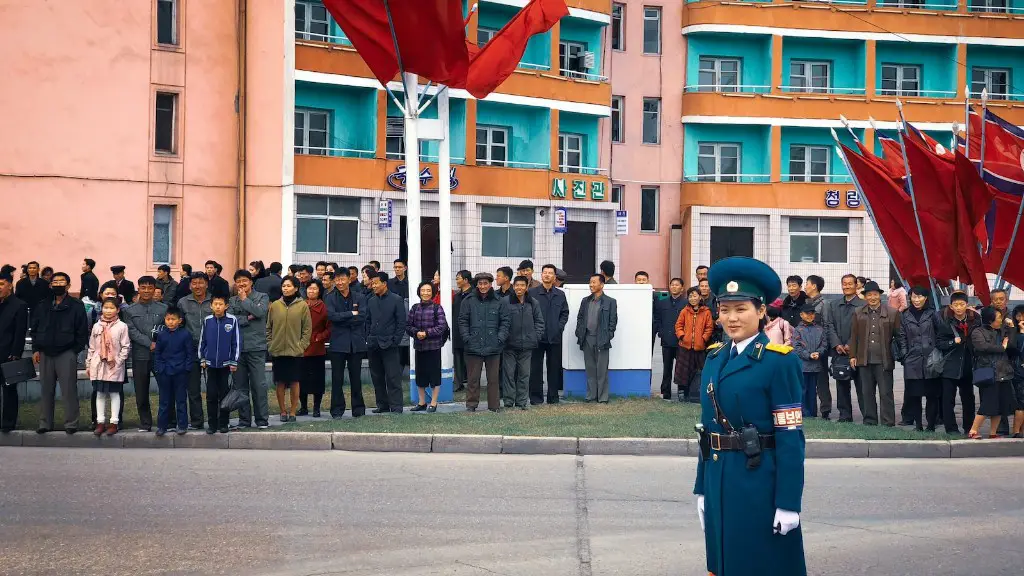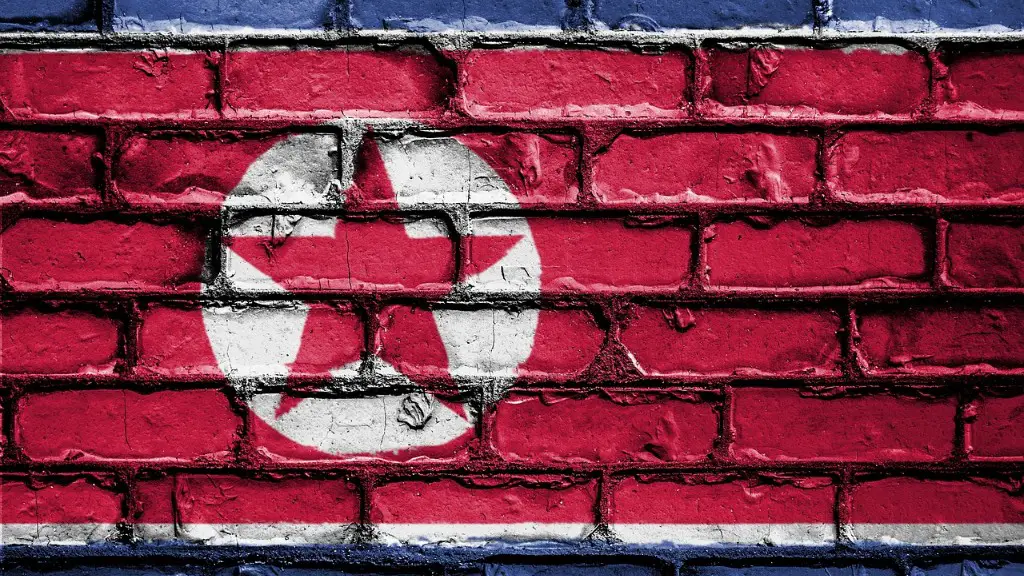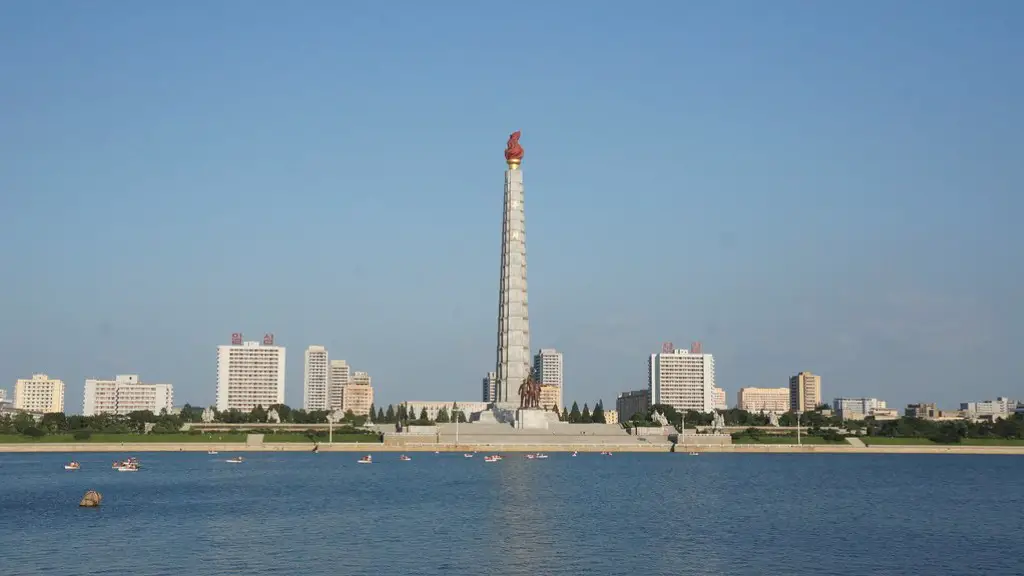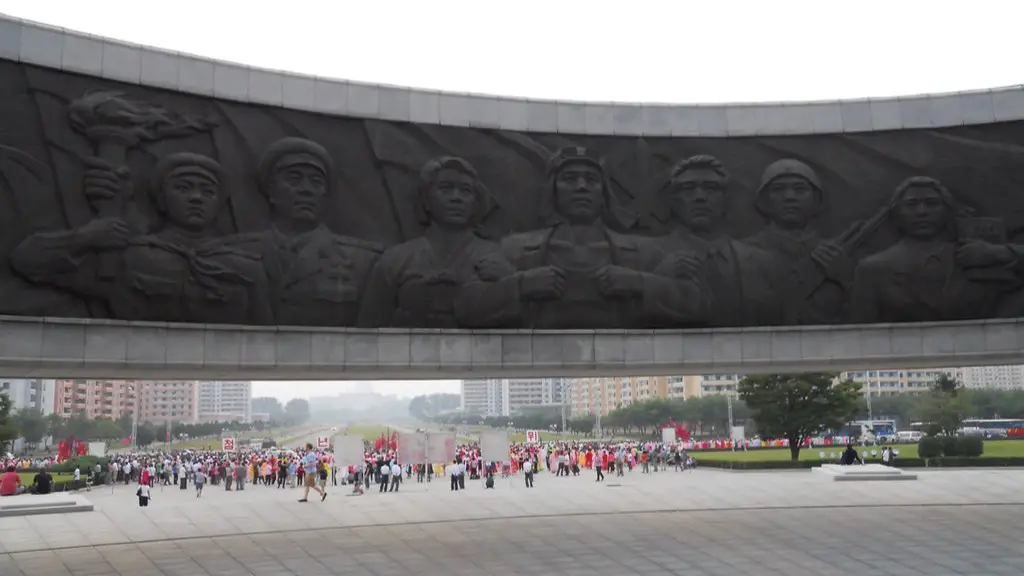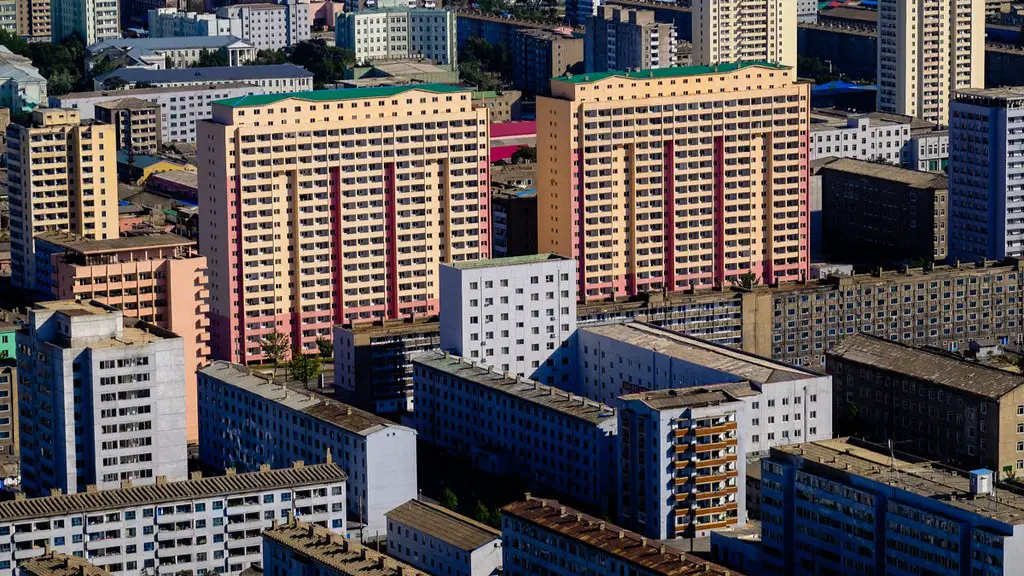It is a fear that many of us carry- what if North Korea unleashes nuclear weapons on us? While it is a remote possibility, it is still something that affects us, and we need to know what would happen if it does happen. It is not an easy scenario to contemplate, as the effects are immense and far-reaching. North Korea’s nuclear capabilities are not widely understood, but according to experts, they have developed a nuclear device that can cause serious damage to populations and property within a 16km radius. This is a serious concern, as there is much that can go wrong despite the best efforts of authorities.
The first and most direct effect of a North Korean nuclear attack would of course be the loss of human life. Depending on the size and power of the bomb, the number of casualties could range from hundreds to hundreds of thousands. The fact that North Korea has the capacity to launch such an attack makes it a credible threat to the safety of all of us.
In addition to the loss of life, there are several other potential, long-term effects that could be felt in the wake of a North Korean nuclear attack. These could include environmental damage, such as radiation poisoning and contamination, as well as economic and social disruption. In such a scenario, governments would likely be faced with the task of rebuilding entire cities and establishing order, while trying to ensure the safety of citizens.
A North Korean nuclear attack would not just affect those in the immediate vicinity, but could have far-reaching consequences around the world. It is not hard to imagine a military or political retaliation, or an increase in tension between nations. In addition to this, there would be economic impacts as well, with markets worldwide likely to suffer a downturn in the wake of such an attack.
At the same time, it is important to note that North Korean leader Kim Jong-un has been known to make threats of nuclear attacks in the past, and these have usually been seen as bluffs rather than real danger. It is hoped that leaders around the world can work together to de-escalate any potential situation and keep the peace, rather than descending into full-scale war.
Diplomatic Strategies
In order to prevent the possibility of a North Korean nuclear attack, diplomatic strategies have been employed by numerous world leaders. This has included sanctions, negotiations and diplomatic talks, as well as a variety of other strategies. While this has been largely successful thus far, the threat is still a reality and must be addressed.
In the event of a nuclear attack, the United Nations Security Council would be the primary body responsible for coordinating an international response. Such a response could likely involve economic sanctions, military action, or both. It is important to note, however, that any military action would need to be weighed carefully, as it could lead to a much greater tragedy.
In addition to diplomatic efforts, military preparations are also necessary. Governments around the world have been doing their utmost to prepare for the possibility of a nuclear attack, employing a variety of methods such as missile defense systems and early warning systems. While these preparations do not guarantee safety, they bring a layer of security to citizens.
Cultural Responses
Given the high stakes involved in such a scenario, how would people around the world respond? It is likely that there would be a great sense of fear and anxiety associated with such an event. People could experience shock, confusion and even panic. In the face of such an overwhelming threat, people may feel powerless and helpless.
It is also possible that some people may take matters into their own hands. For example, some might seek to stockpile supplies, or to flee the area in an attempt to seek safety. This could lead to an increase in crime and chaos, as people struggle to survive in a post-apocalyptic world.
At the same time, there is also the potential for a sense of solidarity and togetherness in the face of a threat. In such a situation, people may come together to support each other and work together to survive. We have already seen examples of this, such as during wars and natural disasters.
Ultimately, how people respond depends on the individual. However, a sense of resilience and resourcefulness can often be seen in times of crisis, and this could be central in helping people to survive and recover.
Psychological Effects
As well as the physical and economic damage that could be caused by a nuclear attack, the psychological effects should not be overlooked. Traumatic shock could be experienced by those who witness the attack first-hand, and this could lead to long-lasting mental health problems. In addition, survivors and even those not directly affected would likely have to confront feelings of grief, anger, confusion, and a variety of other emotions.
It is important that efforts are taken to address the psychological needs of those affected by a nuclear attack. This could involve providing trauma counseling and support, as well as helping the victims to reconcile their feelings and find ways to cope with the trauma of the situation.
Even those not directly affected by the attack could still experience psychological effects such as fear and anxiety. It is important for governments and individuals to be aware of this, and to provide support to those who need it.
Protective Measures
When it comes to protecting people from a North Korean nuclear attack, the best defense is knowledge and preparation. Governments around the world should continue to monitor the situation and be ready to take action if necessary. This includes having a method of nuclear blast protection, such as bunkers or shelters.
In the meantime, individuals should also seek to be educated and prepared. This could include familiarizing oneself with emergency plans and knowing where to seek refuge in the event of a nuclear attack. By being informed and preparing for the worst, it is possible to increase the chances of surviving any potential attack.
Education and Awareness
Finally, it is important to raise awareness of the danger that North Korea poses. This can help to ensure that people are informed of the potential dangers and are prepared for any eventuality. Governments, NGOs and private organisations should continue to work together to raise awareness about the issue and provide education about nuclear safety.
Educating people about the potential dangers of a nuclear attack is the best way to help prevent such an attack from happening in the first place. Governments and organisations should continue to take decisive steps to ensure the safety and security of citizens, both in the present as well as in the long-term.
US Response
So far, the United States has been actively involved in de-escalation talks with North Korea. This includes diplomatic talks as well as economic sanctions, a move that has been largely successful in slowing the development of nuclear weapons. However, the threat remains real and the United States should continue to be vigilant and take steps to protect its citizens.
The United States is also responsible for providing a global model to other nations. This means creating international alliances and strengthening diplomatic ties, in order to prevent any further escalation of tension. This can be done by providing support to vulnerable countries and helping to de-escalate any potential disputes with North Korea.
On a more personal level, US citizens should also strive to be informed and educated about the dangers of a nuclear attack. By doing this, they can be better prepared to face any potential threats and protect themselves and their families in the event of a crisis.
International Alliance
It is also important to keep in mind that North Korea is not the only nuclear power in the world. There are many other nations that possess the capability to launch such an attack, and therefore a global unity and solidarity against nuclear threats is essential. This could include the development of international agreements and treaties that protect against such an attack.
Furthermore, governments should seek to work together to discourage nuclear proliferation and prevent the proliferation of weapons of mass destruction. By pooling resources and knowledge, countries can work together to protect the safety of their citizens and the world as a whole.
Finally, countries should continue to find ways of resolving disputes without violence. This includes continuing diplomatic talks, seeking peaceful resolutions to conflicts, and encouraging a culture of peace and understanding. By standing together in times of crisis, the world can ensure that no nation ever has to face a nuclear attack.

